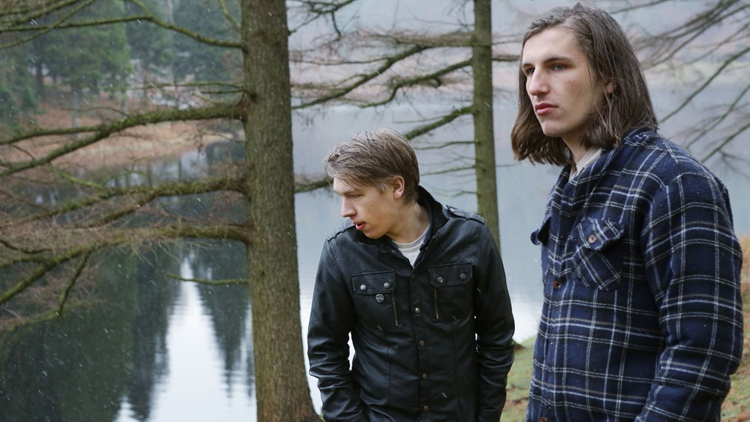There may be talk of an existential crisis in rock but Drenge, like Royal Blood, are exciting audiences and critics. The band’s story begins in Castleton, a village in England’s gloomily romantic Peak District. The Loveless brothers, Eoin (lead vocals, guitar) and Rory (drums), conceived Drenge, their handle a corruption of the Danish word for ‘boys’.
The two-piece teamed with producer Ross Orton (Arctic…











